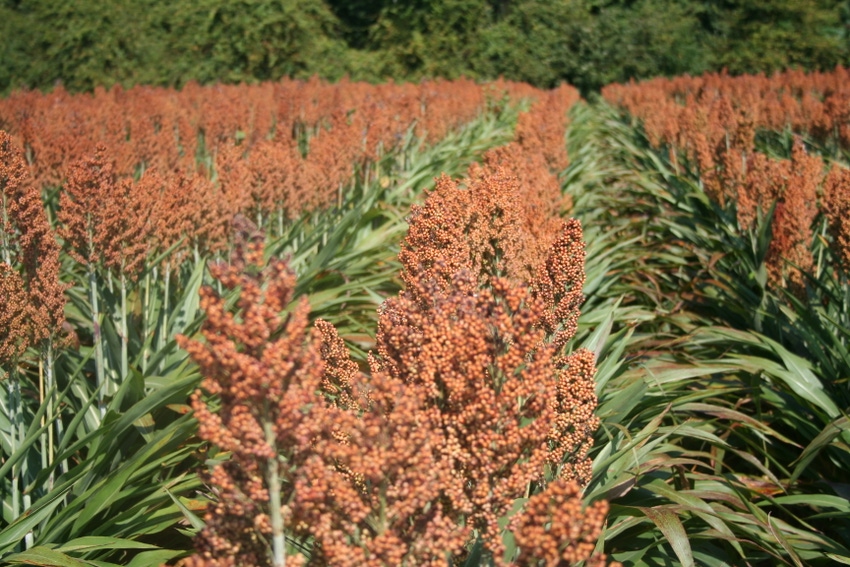September 16, 2013

It appears the sale of Virginia-based Smithfield Foods, the largest pork production company in the world, to Shuanghui International, China’s largest pork company, is cleared to be finalized this fall.
The U.S. Committee on Foreign Investments in the U.S. (CFIUS) has approved the transaction.
Approval by the committee, which is charged with ensuring national security and critical infrastructure assets don’t fall into wrong hands, likely clears the way for the $4.8 billion buyout of one of America’s largest agricultural companies.
"Shuanghui International and Smithfield have a long and consistent track record of providing customers around the world with high-quality food, and we look forward to moving ahead together as one company,” Zhijun Yang, CEO of Shuanghui, said in a statement on Sept. 13.
After the announcement made late Friday, Smithfield Foods stock (SFD) sold about 1 percent higher on Monday. However, last week, Smithfield Foods disclosed a disappointing 36 percent loss in profits, citing reduced demand for U.S. pork products in foreign markets as cause for the decline.
Though the Smithfield deal cleared the CFIUS review, it must still be approved by Smithfield’s shareholders, who are scheduled to vote on Sept. 24.
One major stockholding group, Starboard Values, which owns 5.7 percent of the pork producer, disclosed recently that it would vote against the transaction. The hedge fund added that it had held talks with potential rival suitors who, it said, were willing to pay “substantially” more than Shuanghui’s $34-a-share cash bid.
Most feel sale will go through
Despite the economic saber rattling, most contend the sale will go through as planned sometime this fall.
Among those concerned over the sale are grain producers in the Upper Southeast. Through their wholly owned subsidiary, Murphy-Brown, the company has been an active buyer of grain grown in the Southeast.
For the past two years Murphy-Brown has aggressively purchased grain for Smithfield in an attempt to offset high shipping costs of corn from the Midwest to pork facilities in the Southeast. Officials at both Murphy-Brown and Smithfield contend there will be no interruption of grain buying by the company once Chinese owners take over.
However, employees at the Warsaw, N.C.,-based company contend no information concerning the day-to-day operation of the grain buying arm of Smithfield has been discussed with employees.
That takeover is of great concern to many, including Connecticut Congresswoman Rosa DeLauro. After the news of the CFIUS decision on Friday, DeLauro wrote, “I am deeply troubled by the decision to approve this merger and have serious concerns over the negative long-term ramifications of this deal.
The Congresswoman cited concerns about the short- and long-term ability of the U.S. to protect intellectual property rights and the safety and security of the U.S. food supply system. DeLauro said legislation "may be necessary to ensure these issues are taken into account in the future."
One of the biggest concerns coming from a number of fronts is the dismal human health record of Shuanghui Internationals swine facilities.
Derek Scissors, who represents Heritage Foundation, says, “There still is a question if the Chinese know how to operate in the U.S. regulatory environment. It’s not that they want to screw it up, but do they know what they’re doing?”
“New rules implemented by the Chinese related to safety and technological developments within the company may be a trip-switch for U.S. regulators to watch,” he says. “I would watch employee turnover in the technical fields. New rules (imposed by Shuanghui) could push them out,” he adds.
About the Author(s)
You May Also Like






